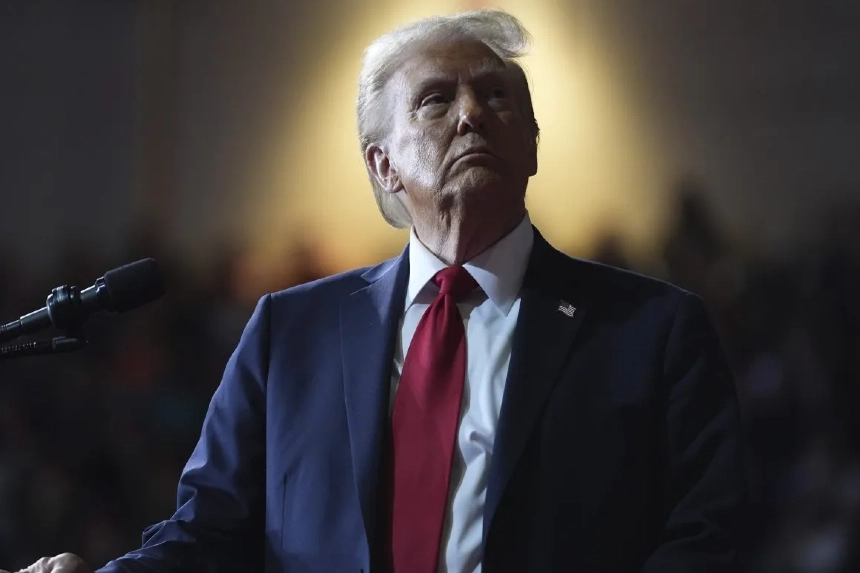The decision by US President Donald Trump to impose reciprocal tariffs on India and other countries starting on April 2 has generated a lot of debate among Indian exporters. Numerous industries could be impacted by this move, and there is real concern about how it will affect potential future business opportunities.
According to the Federation of Indian Export Organization’s (FIEO) Director General Ajay Sahai, the new tariffs will have varying negative effects on different industries. The cost may be absorbed by some industries, but others may find it difficult to handle. This could lower business profits or even make some companies stop exporting specific goods.
The Indian government has started talks with trade promotion bodies to understand the possible impact. Officials are gathering information on product-wise tariffs and how they might affect different sectors.
Currently, India imposes an average tariff of 7.7% on US goods, while the US charges only 2.8% on Indian products. Experts worry that matching tariffs on each product will be difficult, as both countries export different types of goods. According to Citi Research, these tariffs could cost India up to $7 billion annually.
The US is one of India’s biggest trading partners, with total trade between the two countries worth $129.2 billion in 2024. India enjoys a trade surplus of $45.7 billion, meaning India exports more to the US than it imports.
Industries like chemicals, metal products, jewellery, automobiles, pharmaceuticals, and food products are expected to be hit the hardest. The engineering goods sector will also suffer, as the US buys about 20% of India’s engineering exports. In January, India’s engineering exports to the US grew by 18% to $1.62 billion.
Exporters are left wondering about the future since there are no clear details on how the tariffs will be implemented. In order to prevent major harm to trade relations, many people hope that both governments will find a solution.








